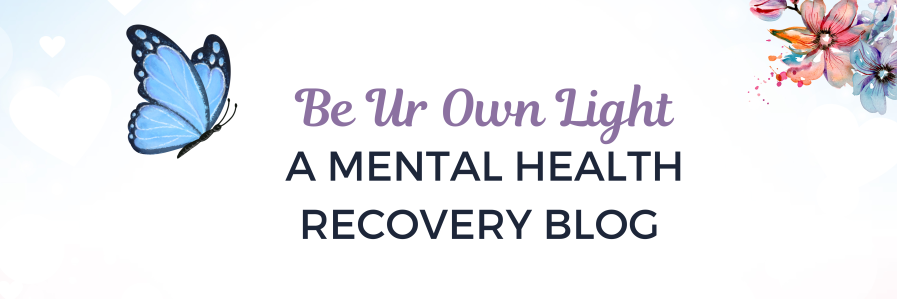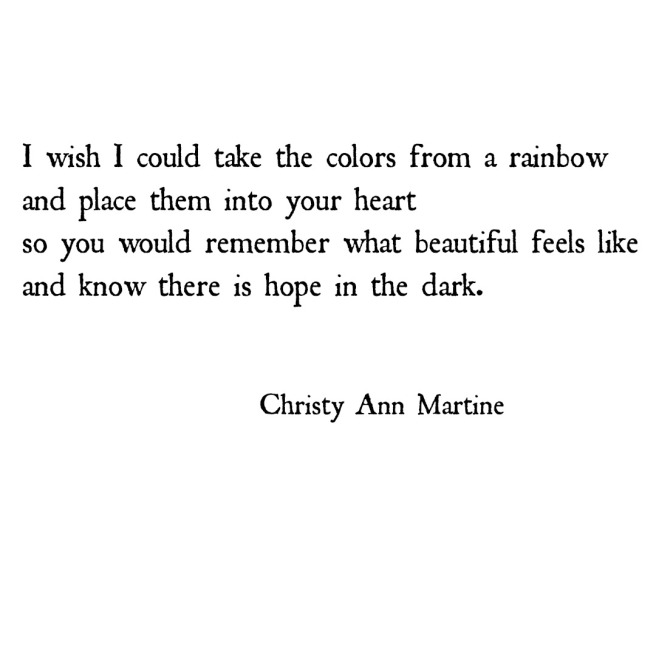
(image: rebloggy)
Please read with care: Trigger Warning: Eating disorder Discussion
As Eating Disorder awareness week progresses, it has really got me thinking about my own journey and the symptoms that I experienced as part of my anorexia.
The hashtag #WhyWait is being used this week as we all come to terms with the fact that according to Beat 34% of UK adults cannot name a symptom of an eating disorder, and that even more shockingly sufferers wait 3 years before seeking any sort of treatment.
Aged 19,I started the diet that I thought would give me a wealth of happiness, how wrong I was. What I also started was my gradual decline into anorexia. There were warning signs, there were behaviours that were obsessive and out of control, my physical appearance was changing, becoming weaker and I was almost translucent in colour- but most strikingly was the change to my personality.
Extreme calorie restriction causes a massive reduction in personal motivation and general apathy. Studies have shown how thoughts become obsessed on food and their behaviours around meals soon turns slightly absurd.
This was absolutely my experience, it crept up on me scarily, without warning. As my diet became more and more refined, my thoughts were turning more and more to food, how I could further restrict, avoid the meal time or alter plans in order to exercise more.
There were so many signs, so many warning lights that for some reason I chose to ignore. I brushed them under the carpet, and kept up with the pretence of “I’m fine”.
Ignoring the issue, or refusal to acknowledge that a problem was developing was a symptom of my perfectionism and the denial that I was experiencing was concurrent with my theme of being the strong one, both within my peer groups and within my family unit.
But why was I waiting, what was I waiting for?

(image: Rebloggy)
What I didn’t realise was that by waiting to act on my symptoms with any sort of conviction and determination, I was simply prolonging the agony that I would face in the initial stages of my recovery, making those first few months even more difficult. As the behaviours became more entrenched, they became habitual in nature. Personality traits that were once alien and unrecognisable soon become my identity.
There came a time, that I decided to reach out to my GP and unfortunately I didn’t quite get the support that I thought I was going to- whilst I wasn’t turned away, my weight certainly wasn’t critical enough to cause any sort of concern from the medical profession and the advise was to add a dessert into my meal plan, perhaps the occasional spread of butter.
In hindsight, perhaps if I had listened to this very basic advice I wouldn’t have gone on to lose more weight. However, there was no attention given to the mental battles that I was starting to have with my intuition and my fear of food- or the the fear of losing control over it.
Visiting my GP had taken a great deal of courage, as I said I’m always the one that is simply fine, is there for everyone else, often at the expense of myself. To get this quite flippant advice left me feeling slightly desensitised. I left wth their advice- put it in a box and chose to ignore it, my mental health not addressed.
But I don’t want my experience to stop you, or your loved ones reaching out to your GP, because for many they can be the most valuable resource available. Go in, if you can with a loved one and don’t leave that room until you have been given care that you totally deserve.
Alternatively use the Beat help finder page to find that source of support that will be right for you, grab it and don’t let go.
It is OK not to be OK, it is OK to struggle, and it is OK to ask for help. The term “admitting” has slightly negative connotations, like we are owning up to something, a crime. But please, please do not think of it like this. You wouldn’t ever wait after discovering a lump, or if feeling constantly unwell- the same should be said for your mental health.
My journey continued and things didn’t get better until they had got much much worse. I ended up in hospital, but even then I was naive at just how unwell I had become. Hospital was an experience that I will never forget, it was difficult and lonely but undoubtedly it did save my life.
I know, deep down though, that it could have been avoided, I could have saved myself and prevented all the heartache that I endured as part of my recovery.
In reading this, please ask yourself the question: Why Wait?
And take it from me, i might not know you, but you absolutely deserve to receive support and help.
You’re not weak but wholesome and rich, go to my website https://aneartohear.co.uk/- because you deserve to be heard. We can help you.










